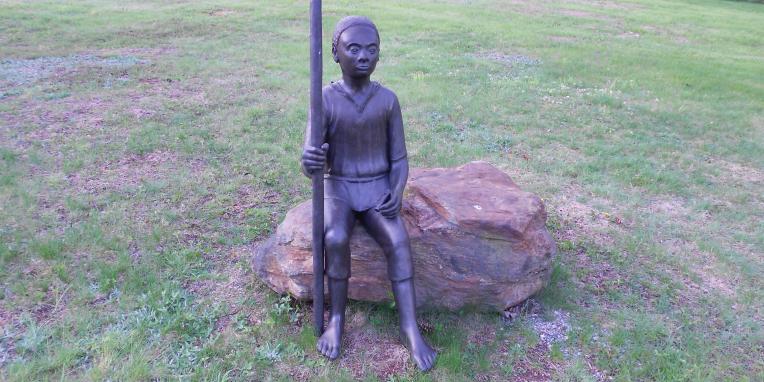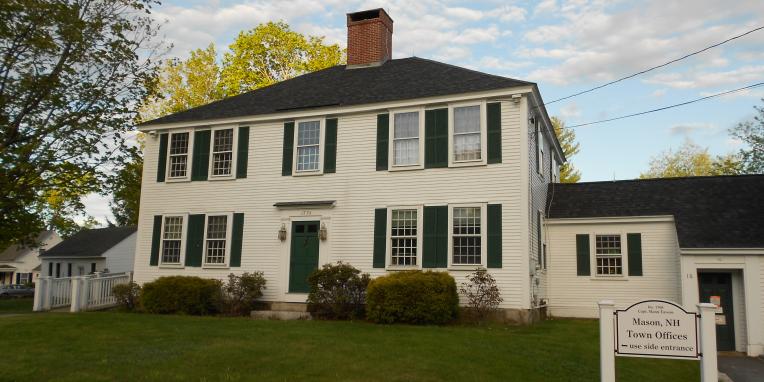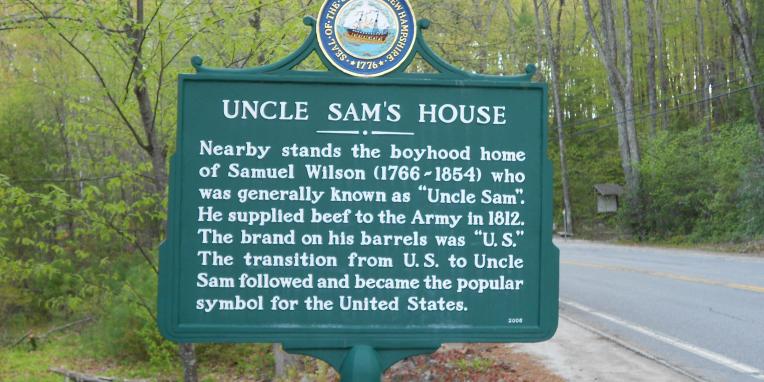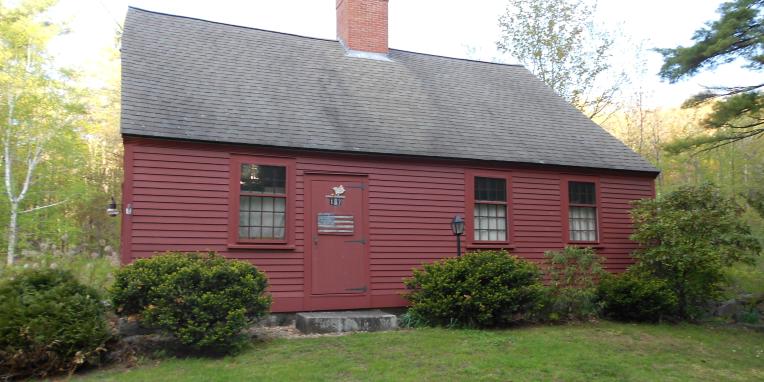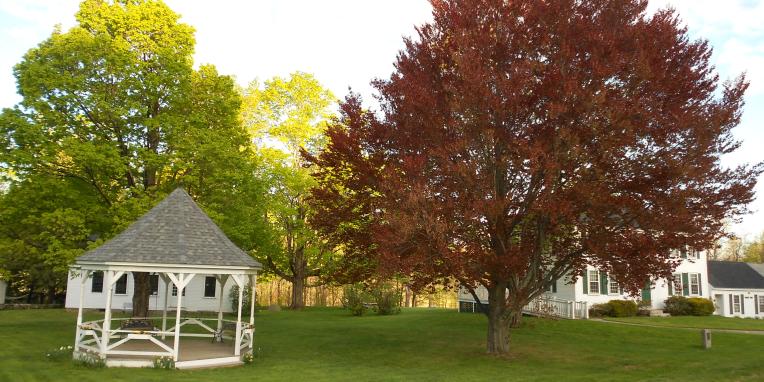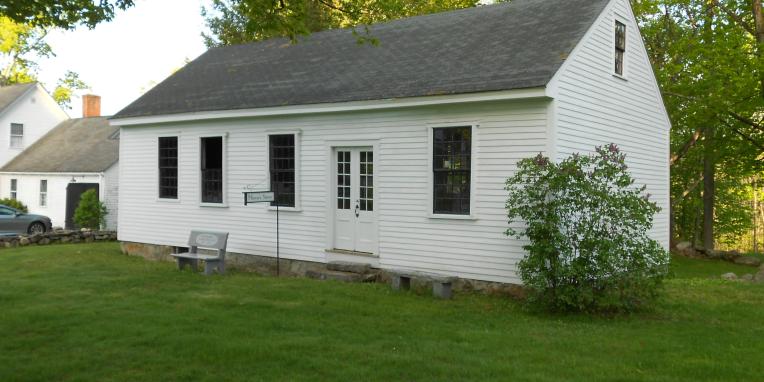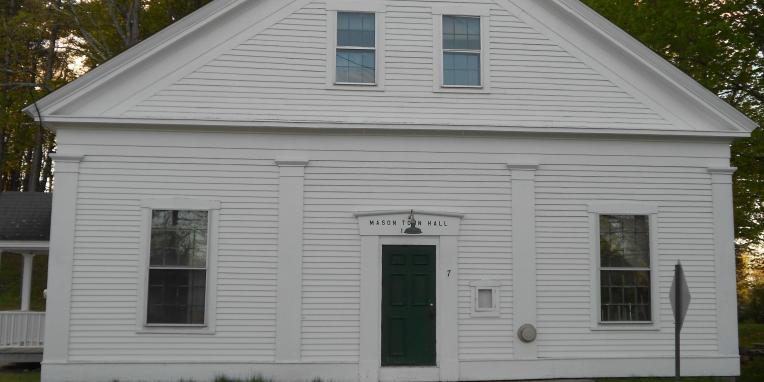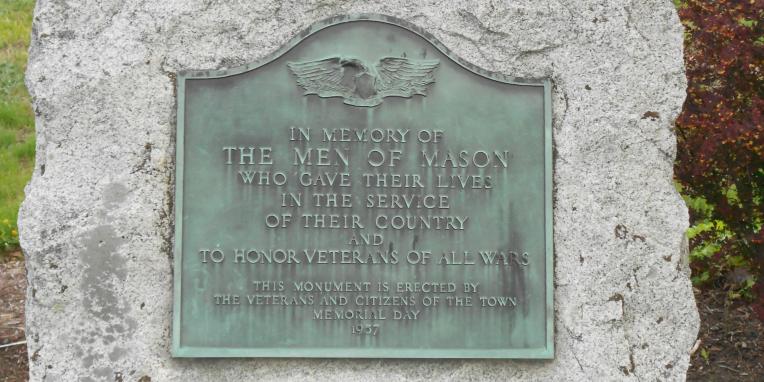Pay Less and Get More
Greetings from the Mason Energy Commission (a motley collection of people in Mason who think about energy).
Regardless of what you think about energy use, fossil fuels, renewable energy, global warming, climate change, we can all agree that whatever we use, we pay for it, and who wouldn't want to pay less. Ideally, we pay less and get more. Here are some suggestions for a happy and low energy winter season.
In the Home:
- Switch to LED lights. Save energy and reduce periodic replacement. LED bulbs typically last 3 to 5 times longer than Compact Fluorescents and 30 times longer than incandescent bulbs.
- See this web site: https://www.energy.gov/energysaver/led-lighting
- Choose low power Christmas decorations. LED or fiber optic-based decorations use a lot less power and generate little heat reducing the fire hazard.
- Use smart plugs to control lighting. For example, schedule Christmas lights for 4pm to 10pm only. The deer, racoons, skunks, and other critters don't care if the decorations are burning bright at 2am. Smart plugs or lights can automatically light a room based on motion detection so forgetting to turn off the light isn't a catastrophe (another 2 cents on your electric bill).
- Smart appliances - plugs, lights, energy monitoring - make great gifts.
- Be sure to select Energy Star appliances if you need to replace anything.
- See this web site: https://www.energystar.gov/
- Recognize phantom energy drains. Many appliances are using power invisibly. Like a microwave just waiting for you to use it (the clock display active). Like a cordless vacuum charging its battery.
- See this interesting web site from the Tucson Arizona power company - they worry about power consumption even in sunny Arizona where power is a lot cheaper than NH. https://www.tep.com/phantom-energy/
- Cooking can use a lot of energy. Think about ways you can get more done with less energy, by combining tasks. For example, bake multiple dishes at the same time.
- Pre-heating the oven - do you really need to do this? There is a cost.
- See this web site: https://utopia.org/guide/preheating-the-oven-necessary-or-not/
- Use a smart thermostat. Modern devices like a Nest thermostat claim significant savings. You can do some of this yourself - for example, using heating zones and all but the most primitive thermostats allow heating schedules.
- Consider an energy audit. The cost varies widely and following the recommendations can provide long term energy savings. Everyone's house and situation is different.
- With 2022 coming up, consider options for 2022 - solar panels, solar hot water, heat pumps, smart home, smart appliances - all of this technology is changing rapidly. You can devote some time to keeping up-to-date, and taking advantage of new technology when it is right for you.
- See this web site for ideas: www.masonnhenergy.org
On the Road:
Your transportation needs this winter might seem fixed. You have a certain commute. You have errands to do. Can you reduce your energy consumption and stick it to ExxonMobil, Shell, BP, and the rest?
- Combine trips
- Work from home, especially on bad weather days
- Stay off the road during a snow storm - it is dangerous enough, but also, your gas mileage will take quite a hit in bad weather conditions.
- Don't use remote car starters. Most cars start generating heat after a mile or two. That is a couple minutes of being cold compared to starting the car remotely and running it for 15 minutes. There are exceptions - if the car is iced over and you need to clean off the windows. Just use common sense.
- Start thinking about an electric vehicle – the world is heading rapidly in that direction – 80% of new car sales in Norway are electric. We are not Norway, but the US transition is in progress.
Summary:
Energy usage is a fact of life. You can make small changes here and there. The changes add up. If next winter is warmer, you might use less energy without doing anything, but that isn’t a good reason to pay no attention to your energy usage. Being mindful of your energy consumption can, over the long haul, allow you to pay less and get more.

